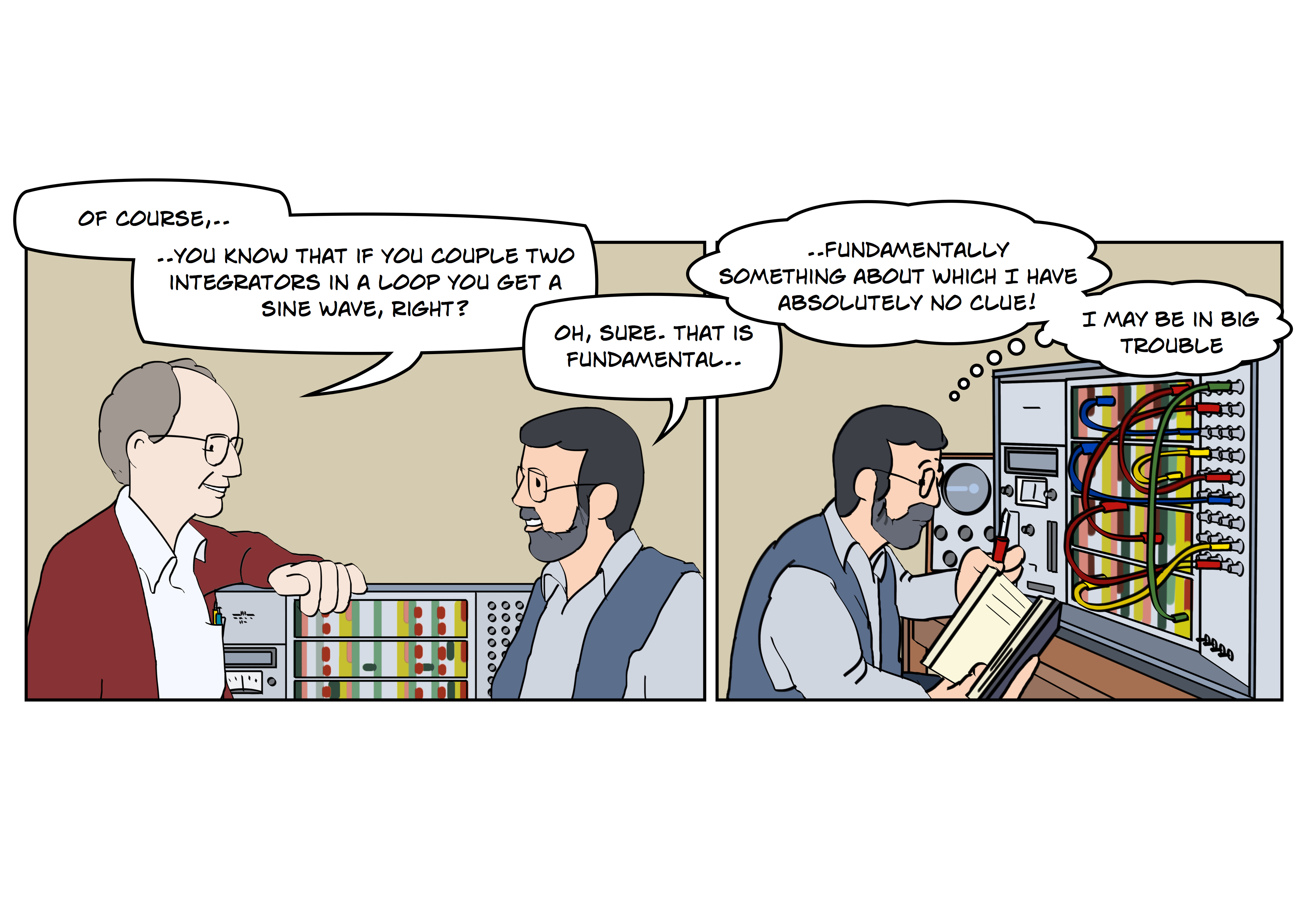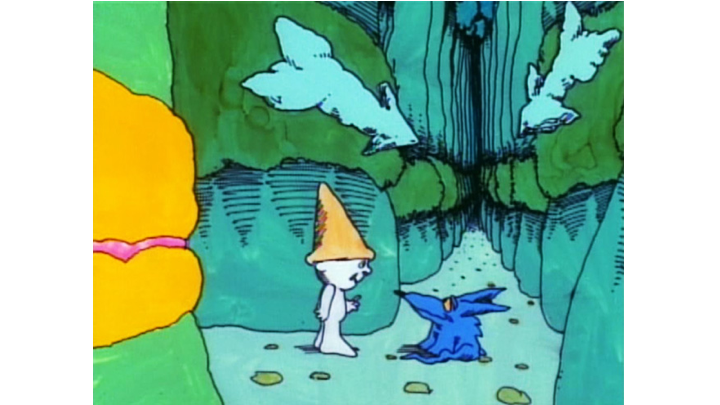 John Flach received his Ph.D. in human experimental psychology from The Ohio State University in 1984. After more than 30 years teaching and supervising graduate research in universities (Illinois @ Champaign-Urbana, Wright State University), he joined Mile Two, a custom software development company as a Senior Cognitive Systems Engineer. In 2023, John left Mile Two to pursue independent consulting work. John has written extensively about Cognitive Systems Engineering (CSE) and Ecological approaches to human performance and design (including 3 co-authored books; 3 co-edited books; and more than 180 archival publications). See John's author page on Amazon for access to his books: https://www.amazon.com/John-Flach/e/B001KHKPW0.
John Flach received his Ph.D. in human experimental psychology from The Ohio State University in 1984. After more than 30 years teaching and supervising graduate research in universities (Illinois @ Champaign-Urbana, Wright State University), he joined Mile Two, a custom software development company as a Senior Cognitive Systems Engineer. In 2023, John left Mile Two to pursue independent consulting work. John has written extensively about Cognitive Systems Engineering (CSE) and Ecological approaches to human performance and design (including 3 co-authored books; 3 co-edited books; and more than 180 archival publications). See John's author page on Amazon for access to his books: https://www.amazon.com/John-Flach/e/B001KHKPW0.
Extended Bio:
In spite of my best judgement and due to some serendipitous events (including a presentation given by Herbert Simon at University of Dayton) I ended up in graduate school at The Ohio State University working with Rich Jagacinski in 1978. I distinctly remember sitting in front of an analog computer and pretending to understand as Rich explained to me that linking two integrators in a closed circuit would produce a sinusoidal signal. The happy accident of a research assistantship with Rich set me on a journey that involved taking undergraduate math and engineering courses along with the normal graduate load in Psychology - so I could learn the analytical tools of control theory and apply them to modeling human motor skills in Rich's lab. Two other important influences at OSU were Dean Owen and Rik Warren who were collaborating to explore the implications of Gibson's intuitions about perception for understanding piloting using innovations in the technology of graphical displays and flight simulators. Six years and two kids later, with support and encouragement from my wife I finally completed the Ph.D. in Experimental Psychology.

The unusual blend of social science and engineering led to the next happy accident. In 1984 I began my academic career at the University of Illinois where I had joint appointments in three departments [Mechanical & Industrial Engineering (50%); Psychology (25%); and Institute of Aviation (25%)]. Although people warned me of the difficulties associated with split appointments, it seemed like an ideal opportunity to apply my unusual prior experiences to explore cognition in the context of evolving information technologies and complex work domains. While at Illinois I had an opportunity to work with some outstanding people, including Chris Wickens, Henry Taylor, Art Kramer, Neville Moray, Penny Sanderson, Peter Kugler, and Gavan Lintern.
Chris Wickens was particularly influential in building the aviation research laboratory and getting the resources that allowed me to continue to explore cognitive skills associated with piloting and how the information in optical flow fields can be used as feedback for controlling locomotion. Peter Kugler helped me to better appreciated the challenges associated with complex systems and nonlinear dynamics. Also, while at Illinois I was introduced to some of the people who helped to frame the field of Cognitive Systems Engineering, including Jens Rasmussen, Erik Hollnagel, Dave Woods, James Reason, Morten Lind, Henk Stassen, and Sydney Dekker. Perhaps, the work with Kim Vicente and Jens Rasmussen was most influential on my future work. Jen's vision from above and Kim's pushing from below helped me to integrate the intuitions from control theory with an ecological perspective on skilled performance into a framework for thinking about how to engineer more effective joint cognitive systems.
After six years, however, I found that I was unable to construct a coherent narrative about joint cognitive systems that would satisfy the expectations of the University. I was not offered tenure at Illinois. In essence, I was banished to the "Pointless Forest." Now with three kids and thinking that my academic career might be over, my wife and I began searching for a new home.

Fortunately, the next happy accident led to our new home in Dayton, OH. In 1990 I started a new position in the Psychology Department at Wright State University with joint funding from the Air Force Research Laboratories at Wright-Patterson AFB. I was very fortunate to have the opportunity to get in on the ground floor of a new Ph.D. program in Human Factors and Industrial/Organizational Psychology and to help shape a program that better aligned with my own vision for an applied Cognitive Psychology.
I particularly valued my collaborations with Rik Warren (at AFRL) to frame an approach to "active psychophysics" that integrated concepts from Ecological Psychology (structural invariants in optical flow fields) with principles of control theory; and also my collaborations with Kevin Bennett in relation to developing pedagogies for teaching Cognitive Systems Engineering (CSE) and Ecological Interface Design (EID). My students and I also benefited greatly from being in close proximity and learning from Gary Klein as he explored naturalistic decisions. His stories about how experts cope with complex work were an important source of inspiration.
In many ways, my situation in Dayton turned out to be the realization of what I was hoping to achieve at Illinois. Like Oblio, I was pleasantly surprised to discover that everything in the Pointless Forest had a point!
Over the years I have benefited greatly from numerous international collaborations. Early collaborations with Jens Rasmussen and his research group at Riso helped set the foundation for much of my thinking. Collaborations with the Industrial Design Engineering group at TU Delft (Gerda Smets, Kees Overbeeke, PJ Stappers, and Fred Voorhorst) gave me my first real exposure to design thinking and research through design. Additionally, collaborations with the Human Systems Group in Aeronautical Engineering at TU Delft (Max Mulder, Rene van Paassen, Matthijs Amelink, Clark Borst) have given me an opportunity to continue to hone my understanding of control theory and to explore the application of EID concepts in the aviation domain.
In 2004, another series of accidents led to me becoming the Chair of the Department of Psychology at Wright State. Despite my inexperience and muddling style of leadership the department continued to grow and thrive. I was extremely lucky to have an excellent Dean (Michele Wheatly) - she and I were able to collaborate with the Engineering College (Forouzan Golshani and John Gallegher) to win several large NSF awards in the area of Technology-based Learning with Disabilities. The experiences of managing a faculty - all of whom were smarter than me - peaked my interest in the challenges associated with managing a complex organization. Thus, I became increasingly curious about the dynamics of polycentric control.
In 2012 I happily handed off the responsibilities of administrivia and returned to my role of professor. Then in 2017, another accident allowed me to take advantage of an early retirement Incentive offered by the university to take a deeper journey into the Pointless Forest. I left the Ivory Tower to join a small startup design company (Mile Two) that focused on improving the fit between people and technology. I soon discovered that actually building software to support cognitive systems is a lot harder than arm chair quarterbacking from behind the walls of the Ivory Tower. It was exciting to be part of a growing startup - that grew from 12 to 120 people in the span of 6 years. However, I did not succeed in making an adequate business case for CSE to customers or colleagues. It seems that CSE was regarded as too slow and expensive and I was eventually deemed expendable. So, in 2023 I was compelled to move even deeper into the Pointless Forest as an independent consultant. I teamed with my brother, Joe, to form Perspicacity LLC. Our goal was not so much to create a business - as to have a vehicle that would allow us to continue to collaborate with smart people to explore interesting problems.
At the end of the day, despite many years of formal education and extensive reading about human performance and design, my understanding of human performance stems most directly from my failures at sports, ineptitude with music, and general uneasiness with modern technologies and organizations. I came to psychology seeking reasons why things that seemed to come so easily to others were difficult for me. This has led me to explore general issues of coordination and control in cognitive systems across a wide range of domains - including aviation, process control, military command & control, and healthcare.
When I look back on my journey so far - I feel more like a leaf being carried forward by a turbulent current, than like the captain guiding a ship. Perhaps, this is why, in my search to understand cognitive systems, I always look first to the ecological constraints, before considering internal mental explanations of behavior and outcomes. For my life - the direction has typically been shaped more by happy accidents (situation constraints), than by deliberate choices. It has taken almost all my energy to just keep the boat upright, and thus I have had only a very limited role in determining the ultimate destination of the journey.
One of my greatest pleasures along the journey has been participating on multidisciplinary teams to explore how information technologies can be used to help people manage the complexities of modern life. I particularly welcome opportunities to watch and talk with domain experts about their work and the tricks of the trade that allow them to manage complexities that exceed the capabilities of mere humans. I have been lucky to have had many interesting adventures in other peoples' domains within the Pointless Forest. However, the original problems remain unsolved - I remain a clumsy athlete, an inept musician, and am always the last to learn to trust and use new technologies.
Here is a link to a podcast with Nippin Anand in which we talk about his book "Are we learning from accidents?" and a wide range of topics related to human experience.
To learn more, here is a recent interview I did for the Naturalistic Decision Making Podcast:
https://naturalisticdecisionmaking.org/2021/02/03/john-flach/
Here is a more recent podcast that Alex Kirlik and I did for the Human Factors Interest Group at the University of Toronto.
Here is a recent podcast on Ed Brenegar's Eddy Channel:
https://www.youtube.com/watch?v=R2G08cP1MLU
Here is a recent conversation on the NoWayOut podcast with Brian "Ponch" Rivera and Mark "Moose" McGrath:
